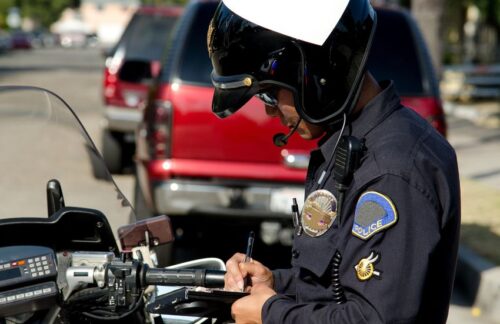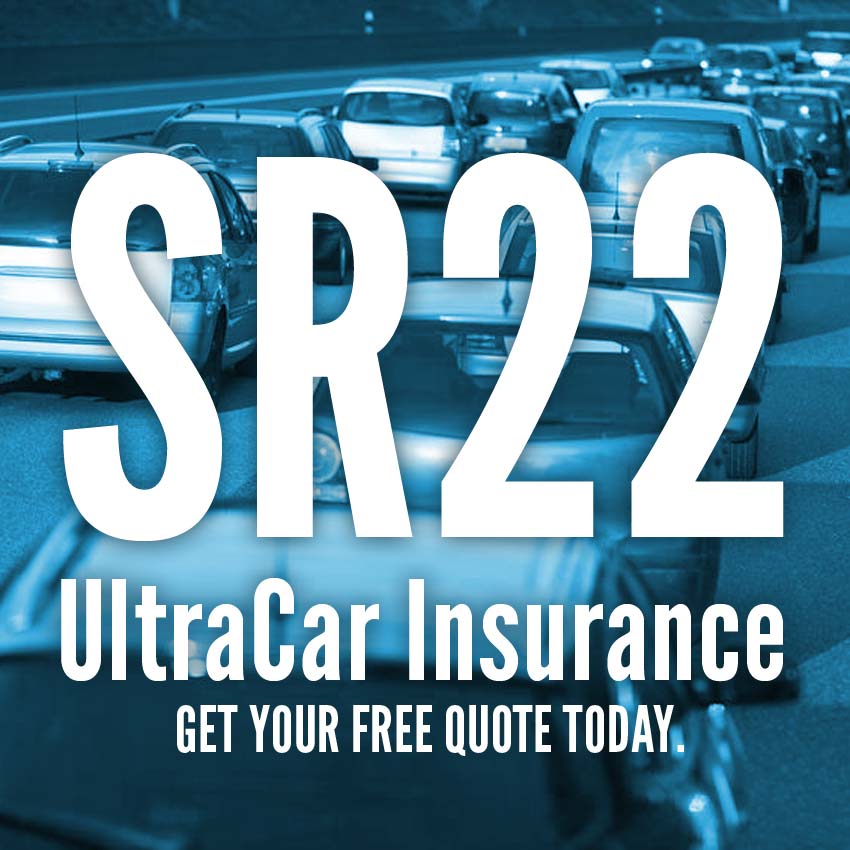When licensed drivers don’t own a car, violations they commit while driving a borrowed car can result in license suspension. When this happens, they must obtain non owner SR22 FR44 insurance to reinstate their driving privileges. As a condition for license reinstatement, states require non-vehicle owners to get a non-owner insurance policy with an SR22 or FR44 certificate attached. They file the certificate with the state DMV as the final step to restore their driving privileges.
Limitations and restrictions
There are coverage limitations and vehicle restrictions on policies for non-owning drivers. Non-owner insurance provides liability-only coverage for one person – you, the policyholder. Coverage is for driving a non-owned vehicle on an occasional basis. Non-owner insurance policies do not cover the following:
- Operating household vehicles to which you have regular access.
- Driving rental, commercial, or employment-related vehicles.
- Insurance providers do not sell non-owner insurance as cheaper, alternative coverage for teen drivers in a household.
Non-Owner SR22 Insurance
Most states require an SR22 non owner insurance certificate for license reinstatement by people who don’t own a vehicle. In addition, the SR22 certificate is for non-alcohol and alcohol or drug-related offenses. UltraCar Insurance offers non-owner SR22 insurance in 34 states:
- Alabama
- Arizona
- Arkansas
- California
- Colorado
- Florida
- Georgia
- Idaho
- Illinois
- Indiana
- Iowa
- Kansas
- Louisiana
- Maine
- Michigan
- Minnesota
- Mississippi
- Missouri
- Nebraska
- Nevada
- North Dakota
- Ohio
- Oregon
- Rhode Island
- South Carolina
- Tennessee
- Texas
- Utah
- Vermont
- Virginia
- Washington
- Wisconsin
- Wyoming
Non Owner FR44 Insurance
When you don’t own a car or other vehicle in Florida and Virginia, you’ll need SR22 insurance to reinstate your license after a non-alcohol and drug-related suspension. However, for alcohol or drug-related license reinstatement, you’ll require DUI insurance without a car (FR44 non owner insurance).
Non-Owner’s Insurance Without An SR22 or FR44 Filing
You can buy a non-owner insurance policy without an SR22 or FR44 filing. Sometimes, people who don’t own a vehicle buy non-owner’s insurance to avoid out-of-pocket expenses if they cause an accident. If you’re at fault in an accident while driving a borrowed car, it’s wise to have liability insurance coverage. Non-owner insurance coverage is not a substitute for a vehicle owner’s insurance; it supplements the insurance on the vehicle if needed. Carrying non-owner insurance also provides evidence of continuous coverage, showing the person is financially responsible.
In North Carolina, the state requires drivers to purchase North Carolina non owner insurance to obtain a new driver’s license.
More About Auto Insurance for Non-Owners
The articles below outline additional information related to this topic:
- SR22 and Ignition Interlock
- Non owner SR22 insurance companies
- Cheap Non Owners SR22 Insurance
- What is non owners SR22 insurance?
- I have no car, but I need SR22 insurance
- SR22 insurance quotes without a vehicle
- Non driver insurance
- What is a non owner policy?
- Cross-State SR22 Insurance
- Virginia Non Owners Insurance
- Florida Non Owner FR44
- What happens to my FR44 if I move out of state?
- Differences between non-owner SR22 & non-owner FR44 insurance
- Late SR22 payments during the pandemic
UltraCar Insurance specializes in high-risk insurance policies and certificate filings. Our agents are licensed in 34 states and know each state’s insurance requirements. Click to start a low-cost non owner SR22 FR44 insurance quote, or call us today!

